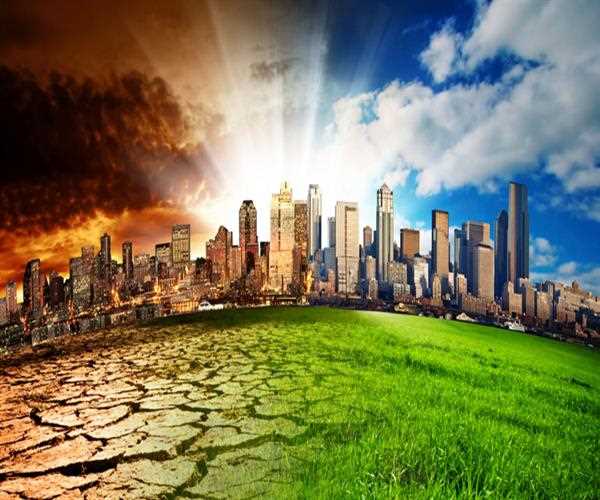Global discussions on climate change are primarily led by international organizations, nations, and influential figures who recognize the urgency of addressing environmental issues. The United Nations, through its climate body, the United Nations Framework Convention on Climate Change (UNFCCC), plays a central role in coordinating global efforts. The Conference of the Parties (COP) meetings, held annually, bring together representatives from countries worldwide to negotiate and strategize on climate action.
Prominent international figures, such as the Secretary-General of the United Nations, often take a leading role in advocating for climate change action. The Intergovernmental Panel on Climate Change (IPCC), comprised of scientists and experts, contributes to the scientific foundation of climate discussions, providing assessments and reports on climate-related matters.

National leaders, especially those from countries most affected by or contributing significantly to climate change, are pivotal in shaping the global discourse. Events like the annual United Nations Climate Change Conferences, also known as COP meetings, provide a platform for heads of state and government officials to address the international community, share commitments, and negotiate agreements.
In recent years, youth activists like Greta Thunberg have emerged as influential voices, mobilizing public support and urging leaders to take more ambitious measures. In essence, discussions on climate change are a collective effort involving international organizations, world leaders, scientific bodies, and activists, highlighting the interconnected nature of the global response to this critical issue.
Read also: Role of the Secretary-General in the UN